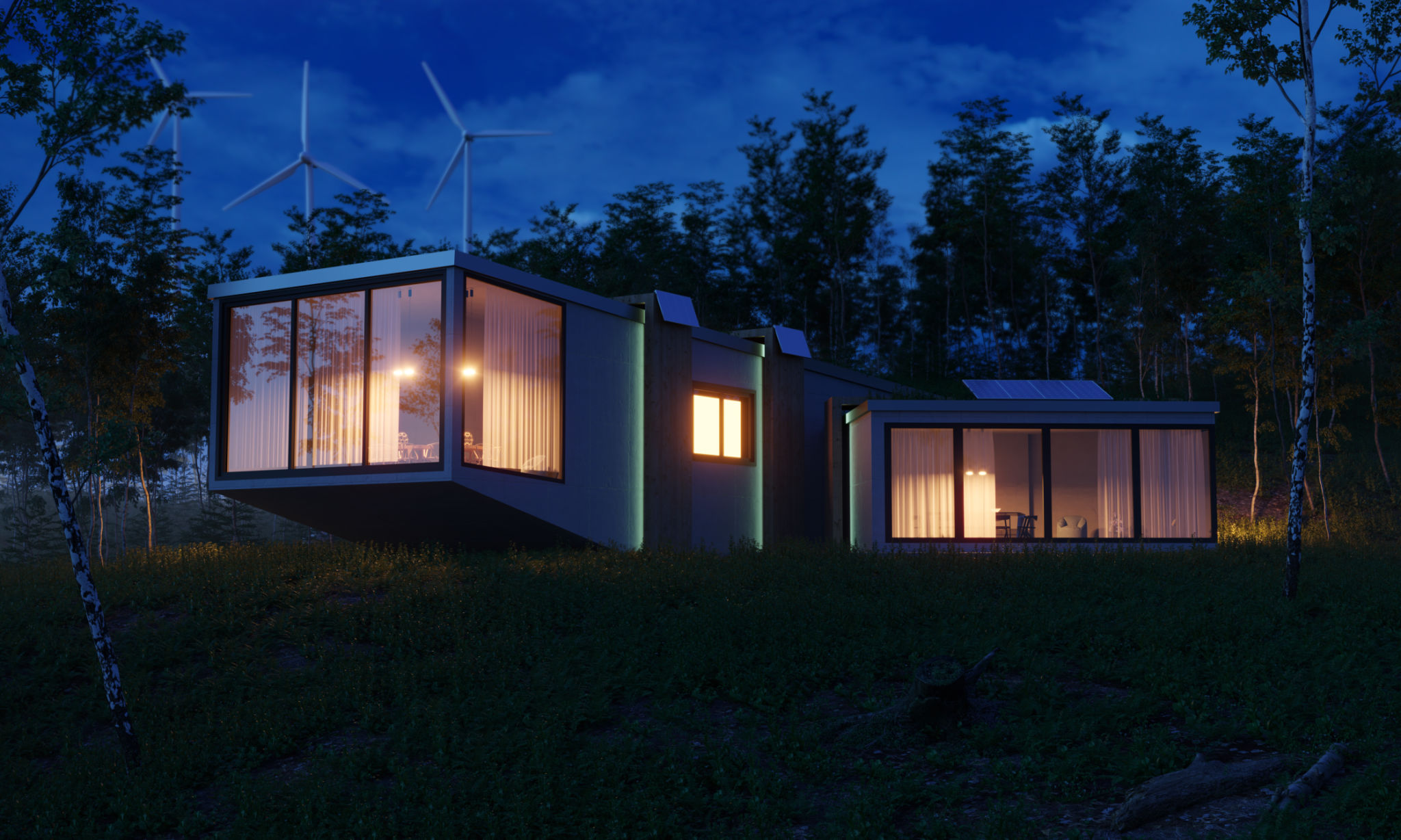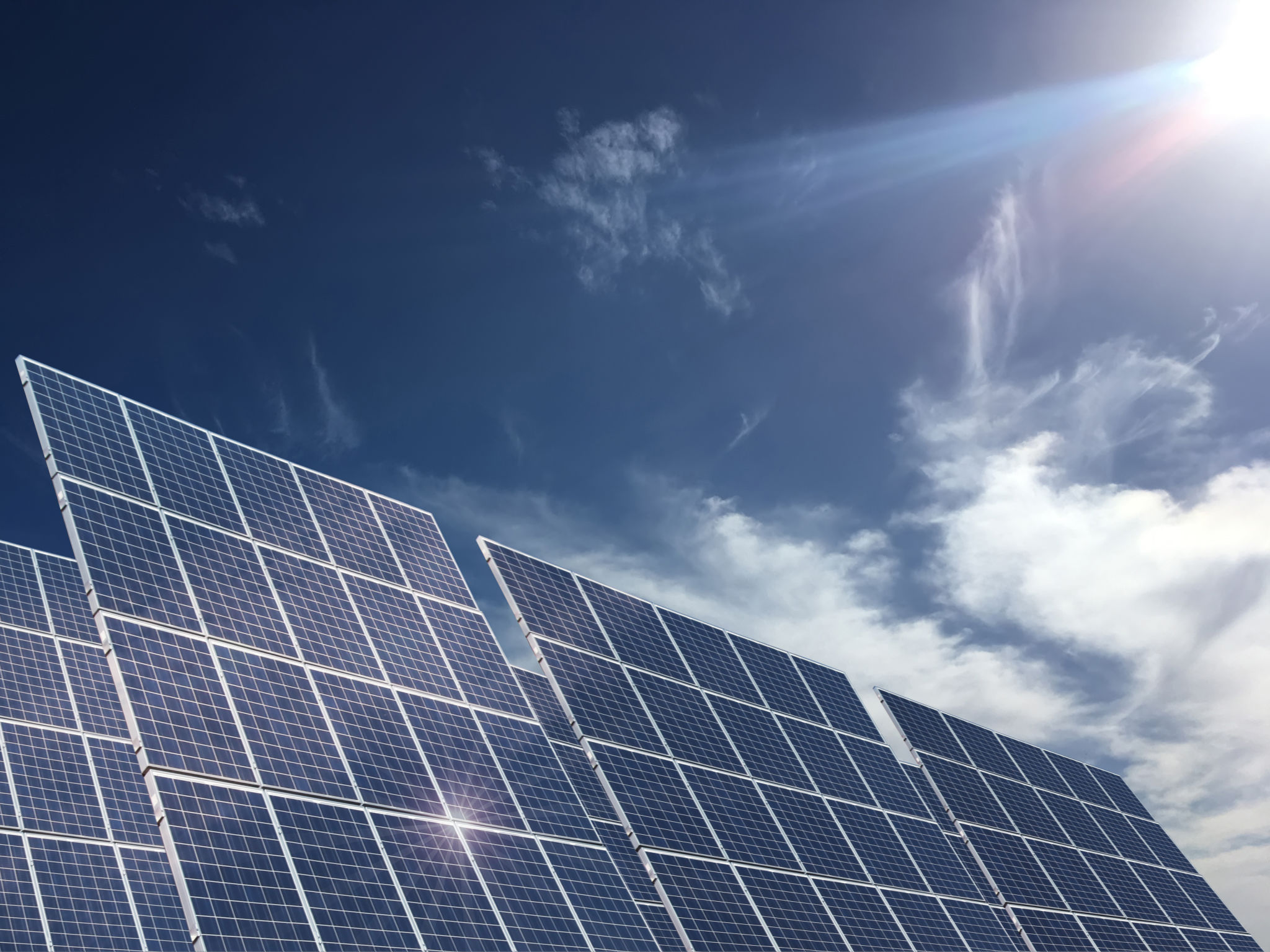Expert Tips for Energy-Efficient Home Upgrades
Understanding Energy Efficiency
Transforming your home into an energy-efficient haven not only benefits the environment but also reduces your utility bills. Energy efficiency involves using less energy to perform the same task, essentially eliminating energy waste. By implementing strategic upgrades, you can significantly cut down on your energy consumption.

Upgrade Your Insulation
One of the most effective ways to improve your home's energy efficiency is by upgrading your insulation. Proper insulation helps maintain a consistent indoor temperature, reducing the need for excessive heating or cooling. Consider insulating your attic, walls, floors, and even your basement to maximize energy savings.
Types of Insulation
There are several types of insulation materials to choose from, each with its own benefits. Fiberglass, cellulose, and spray foam are popular options. Fiberglass is cost-effective, while spray foam provides a tight seal against air leaks.

Invest in Energy-Efficient Windows
Windows are a common source of energy loss in homes. Investing in energy-efficient windows can significantly reduce this loss. Look for windows with low-emissivity (Low-E) glass, which helps reflect heat while allowing natural light to enter.
Window Treatments
In addition to upgrading your windows, consider using window treatments like blinds, shades, or curtains. These can further reduce heat loss in the winter and keep your home cool in the summer.

Upgrade to Smart Thermostats
Smart thermostats are a game changer for energy efficiency. They allow you to control your home's temperature remotely and learn your habits over time to optimize energy usage. By automating your heating and cooling, you can ensure energy is not wasted when you're not home.
Switch to LED Lighting
Lighting accounts for a significant portion of energy consumption in homes. Switching from traditional incandescent bulbs to LED lighting can lead to substantial savings. LEDs use up to 75% less energy and last much longer, providing both economic and environmental benefits.
Consider Solar Panels
For those ready to make a significant investment, solar panels are an excellent way to enhance energy efficiency. They harness the sun's energy to power your home, reducing reliance on grid electricity. While the upfront cost can be high, the long-term savings and environmental impact are worth it.

Seal Air Leaks
Air leaks in your home can lead to significant energy loss. Common areas for leaks include windows, doors, and ductwork. Use weather stripping, caulking, and duct sealant to close these gaps, ensuring your home remains comfortable year-round.
Regular Maintenance
Finally, regular maintenance of your HVAC system and other appliances ensures they operate efficiently. Replace filters, clean ducts, and schedule professional check-ups to keep everything running smoothly.
By following these expert tips, you can make your home more energy-efficient, saving money and reducing your carbon footprint in the process.
